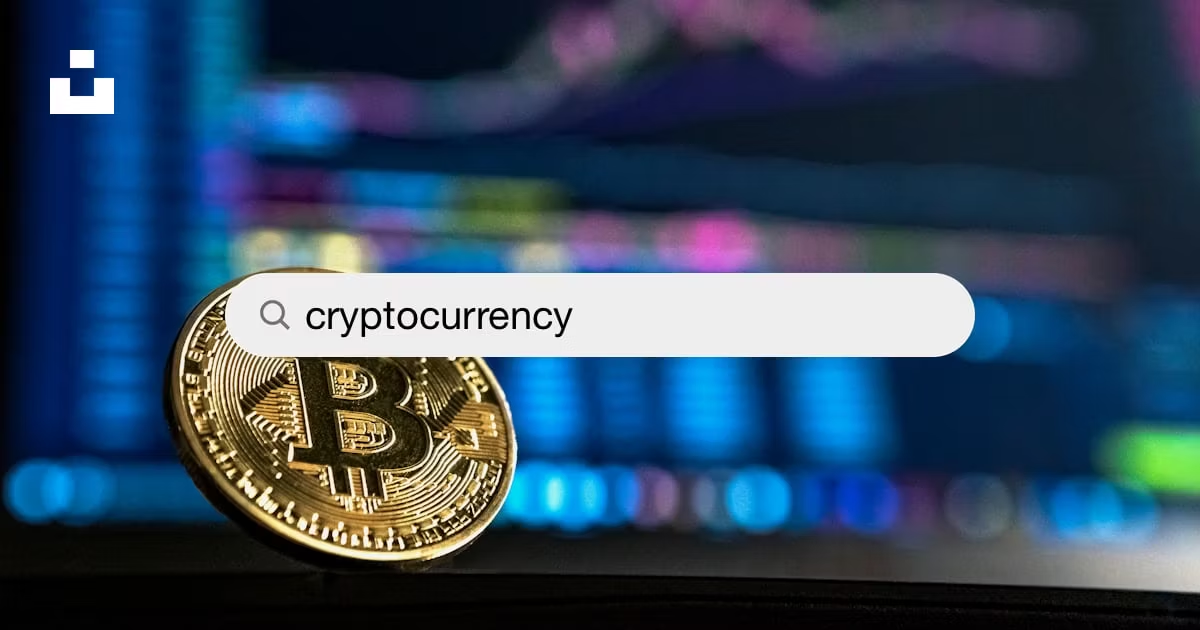
In my professional journey, I’ve noticed that the term ‘decentralization’ is increasingly becoming a buzzword in various sectors. From technology to governance, decentralization is being hailed as a revolutionary concept that promises to reshape our world. But what does it mean, and why is it so significant? In this article, we’ll delve deep into the decentralization definition, its historical context, its impact, and its future prospects.
The Definition of Decentralization
Decentralization is, at its core, the process of distributing or dispersing functions, powers, people, or things away from a central location or authority. The term is used in various fields, with slightly different meanings depending on the context. In governance, for instance, decentralization often refers to the transfer of decision-making powers from a central government to local or regional governments.
In technology, particularly in the field of blockchain and digital currencies, decentralization means the distribution of a network across multiple points rather than relying on a single central point. This ensures that no single entity or individual holds total control over the entire network, thereby increasing security and reducing the risk of corruption or failure.
Historical Context of Decentralization
Decentralization is not a new concept. In fact, it has been a part of human society for centuries, albeit in different forms. The history of decentralization can be traced back to ancient times when small, self-governing communities were the norm. These communities were autonomous, managing their own affairs without external interference.
“Decentralization is not just a shift in power, but a reshaping of our digital world. It’s the dawn of an era where control is in the hands of the many, not the few, driving innovation, fostering transparency, and creating a future where everyone has a stake.”
In modern times, the concept of decentralization gained prominence during the Industrial Revolution when businesses started to decentralize their operations to increase efficiency and productivity. The advent of the internet further accelerated this trend, enabling businesses to distribute their operations globally. In recent years, the rise of blockchain technology has brought a new dimension to decentralization, revolutionizing industries such as finance, supply chain, and healthcare.
Key Aspects of Decentralization
Decentralization encompasses several key aspects. First and foremost, it involves the transfer of authority and responsibility from a central body to peripheral ones. This ensures a more equitable distribution of power, reducing the risk of autocracy or monopoly.
Second, decentralization leads to increased transparency as decisions are made at local levels, which are closer to the stakeholders and, hence, more accountable. Third, it fosters innovation as different entities have the liberty to experiment with new approaches and solutions.
Lastly, decentralization promotes resilience. In a centralized system, the failure of the central entity can lead to the collapse of the entire system. In a decentralized system, however, the failure of one entity does not affect the overall functioning of the system.
The Impact of Decentralization on Various Sectors
Over the years, we’ve seen the profound impact of decentralization on various sectors. In governance, decentralization has empowered local communities, giving them greater control over their resources and decision-making processes. This has led to improved public services and better resource allocation.
In the business world, decentralization has revolutionized operations, enabling companies to diversify their operations and tap into global talent. In the tech world, decentralization has given birth to groundbreaking innovations like blockchain and cryptocurrencies, transforming the way we transact and interact.

The Significance of Decentralization in Today’s World
In today’s interconnected world, the significance of decentralization cannot be overstated. It promises a more equitable, transparent, and efficient world where power is not concentrated in the hands of a few but distributed among many. It offers a solution to some of the most pressing challenges of our times, such as income inequality, corruption, and trust deficit.
Furthermore, in our digital age, decentralization provides a robust defense against cyber threats. By eliminating a single point of failure, it makes our digital systems more secure and resilient.
Case Studies of Decentralization
Throughout history, there have been numerous successful case studies of decentralization. One of the most notable is the rise of the internet. The internet is, in essence, a decentralized network that has transformed every aspect of our lives, from communication and information to commerce and entertainment.
More recently, the success of cryptocurrencies like Bitcoin and Ethereum, which are based on decentralized blockchain technology, has further underscored the potential of decentralization. These digital currencies have created a new financial paradigm that is open, transparent, and immune to censorship.
The Future of Decentralization
Looking ahead, the future of decentralization looks promising. With advancements in technology, particularly blockchain, and artificial intelligence, the scope for decentralization is expanding rapidly. We are already seeing the emergence of decentralized finance (DeFi), decentralized autonomous organizations (DAOs), and decentralized applications (dApps) that promise to redefine our world.
However, the future of decentralization is not without challenges. It requires robust frameworks and mechanisms to ensure accountability and prevent misuse. It also requires a shift in mindset from a centralized way of thinking to a decentralized one.
Understanding the Challenges and Risks of Decentralization
While decentralization offers immense benefits, it also presents challenges and risks. One of the key challenges is ensuring accountability in a decentralized system. Without a central authority, it can be difficult to hold individuals or entities accountable for their actions.
The risk of misuse is another concern. In a decentralized system, there is a risk that individuals or entities might misuse their powers for personal gain. Moreover, decentralization can also lead to fragmentation and inefficiency if not managed properly.
Despite these challenges, I believe that the potential benefits of decentralization far outweigh the risks. With the right mechanisms and safeguards in place, decentralization can usher in a new era of fairness, transparency, and innovation.
Conclusion – Decentralization Definition
In conclusion, the decentralization definition encompasses a powerful concept that has the potential to transform our world. From governance and business to technology and finance, decentralization can bring about a more equitable, transparent, and efficient world. However, it requires careful implementation and robust safeguards to ensure that its benefits are fully realized, and its risks are duly managed. As we navigate through the 21st century, the concept of decentralization will undoubtedly continue to shape our world in profound ways.
Exploring the Synergy Between Web 3.0 and AI: Revolutionizing the Digital Landscape
The Next Frontier: How Web 3.0 is Shaping the Future of the Internet
Navigating the Crypto World: A Comprehensive Comparison of Proof of Stake vs Proof of Work









It’s a concise and insightful look at decentralization!
Technology plays a significant role in reshaping power dynamics and fostering transparency.
Informative article on decentralization! As a tech enthusiast, it would be fascinating to explore specific case studies highlighting successful implementations and challenges faced.
Well-articulated definition of decentralization!
Kudos for shedding light on decentralization! Delving into the implications for data privacy and security in decentralized systems would be an interesting extension of this discussion.